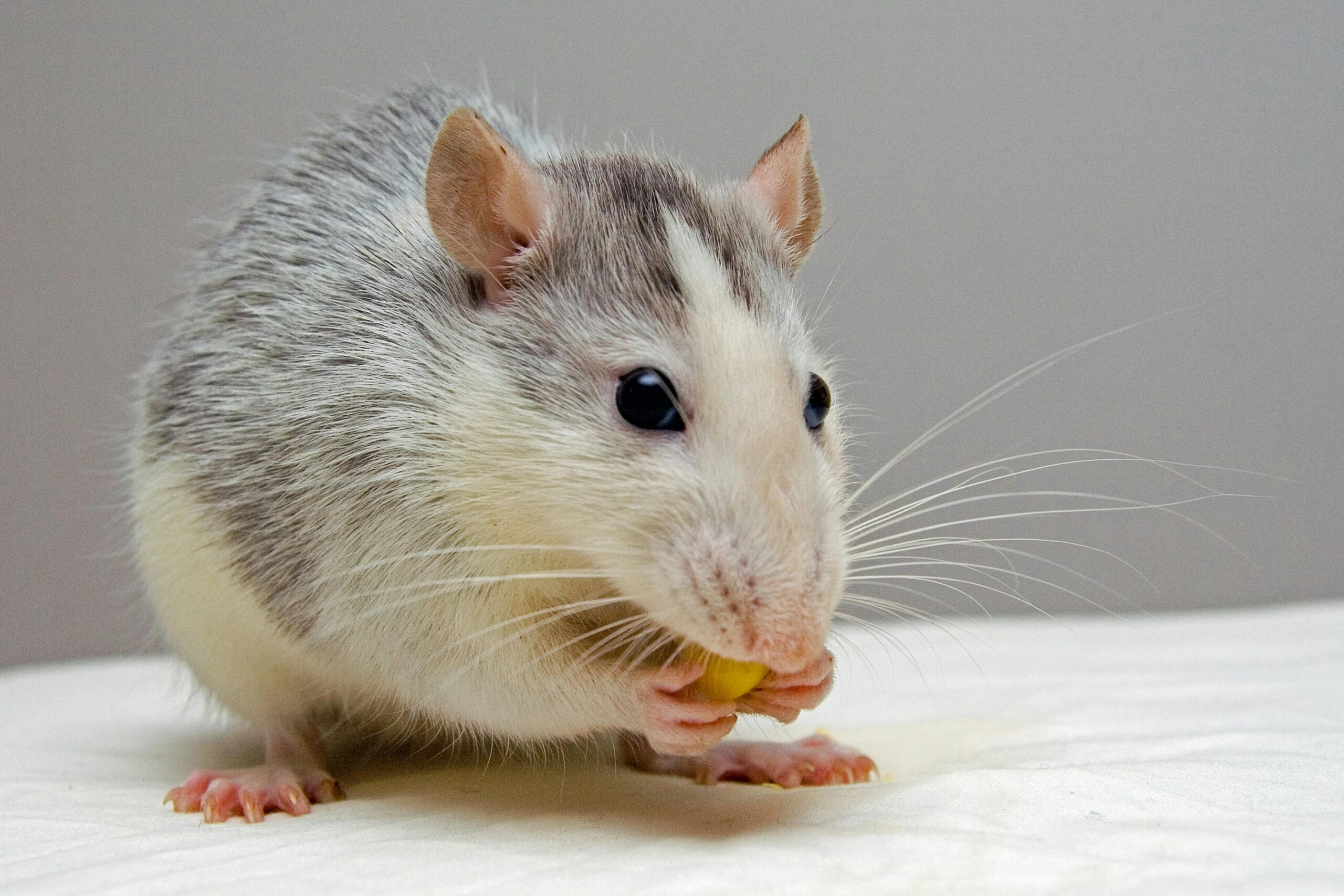(image credit: by Pixabay )
Rats are often misunderstood, but science reveals they’re much more emotionally complex than we think. In fact, they laugh when tickled—a discovery that opens a fascinating window into the social lives and emotional intelligence of rodents.
Rats Can Laugh—And It’s Backed by Science
When you think of laughter, rats probably don’t come to mind. But groundbreaking research has shown that these small, intelligent creatures emit a series of high-frequency sounds when they’re tickled or playing—a response remarkably similar to laughter in humans.
In a series of experiments led by neuroscientist Dr. Jaak Panksepp, often called the “father of affective neuroscience,” researchers observed juvenile rats responding to tickling by making ultrasonic vocalizations at around 50 kilohertz. These sounds are inaudible to the human ear, but special equipment confirmed they occurred consistently when the rats were enjoying themselves.
What Does Rat Laughter Mean?
These giggles aren’t random noise—they’re social signals. When rats laugh, it indicates positive emotional states. It’s been found that:
Tickled rats often chase the researcher’s hand, wanting more play.
Rats that were tickled regularly were more social and curious.
Laughter-prone rats also showed fewer signs of stress.
In short, rats not only feel joy—they seek it.
Why This Matters
The ability to laugh is linked to emotional depth and social intelligence. Discovering this trait in rats has helped scientists better understand mammalian brain function, emotional responses, and even the neurological roots of happiness and play.
It also challenges how we view animals we often consider pests. Rats may be mischievous, but they’re also empathetic, intelligent, and capable of joy.


